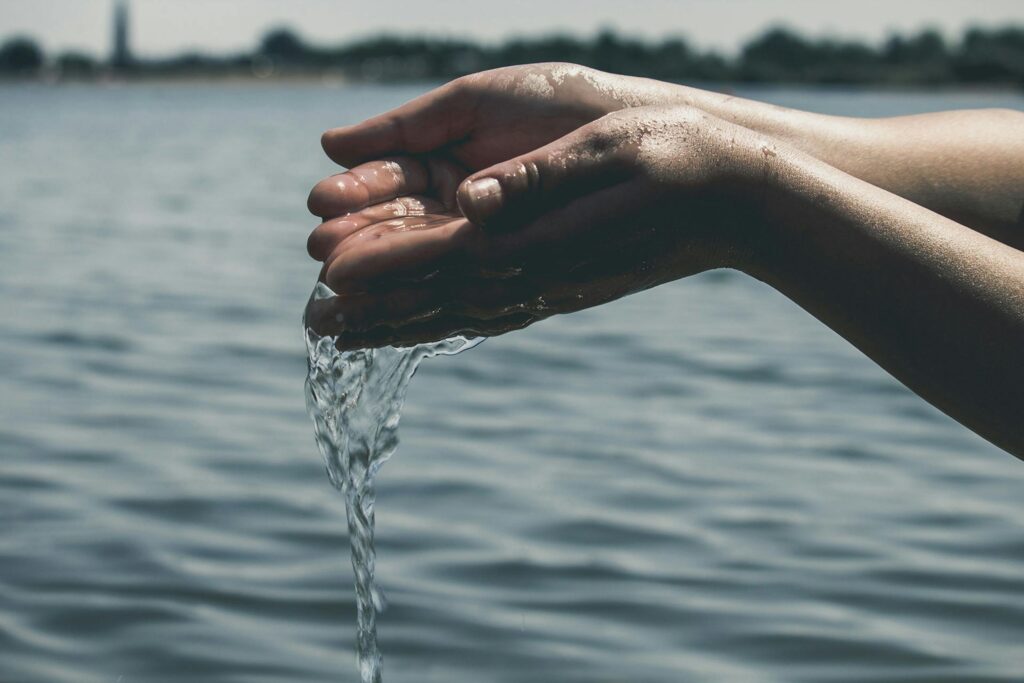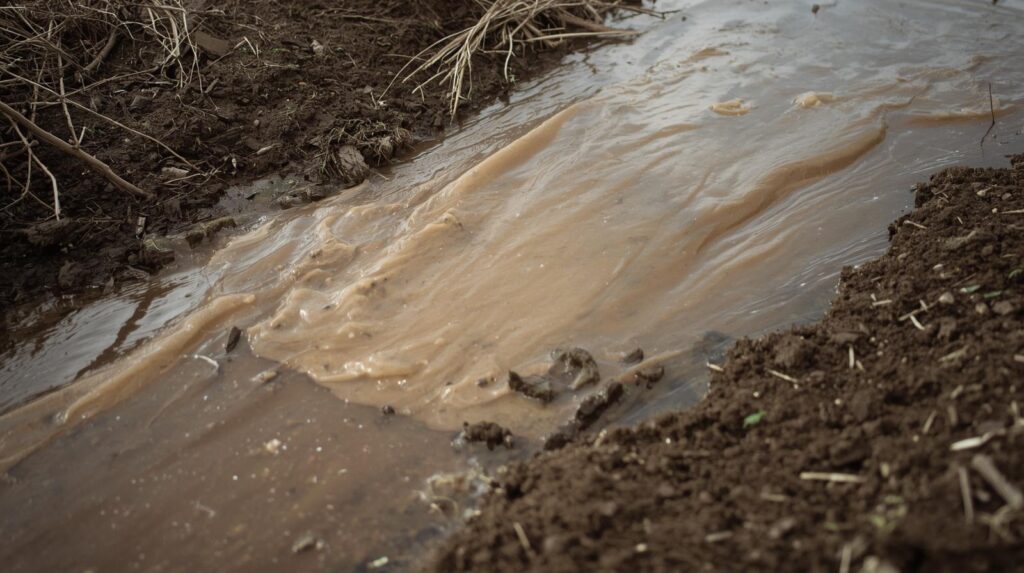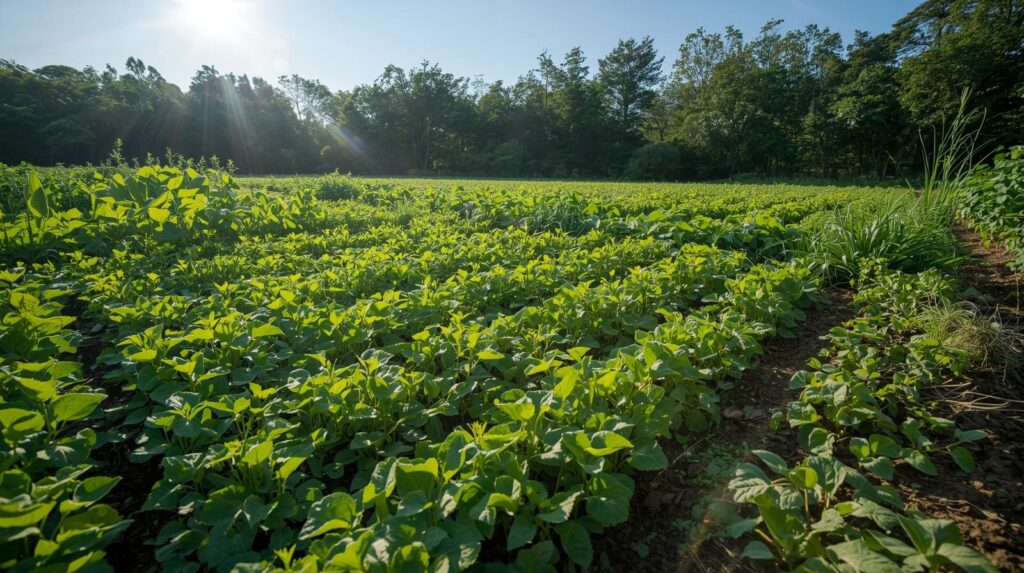A regenerative approach to clean water and environmental justice.
CWEPPA is a proposed federal policy designed to reduce pesticide and microplastic pollution while promoting equitable access to clean water across the United States. Developed as part of my Master of Public Health program at Boston University, it reflects the urgent need for environmental justice policies that address both ecological degradation and public health disparities.

The Problem
Communities near industrial agriculture and waste-processing facilities are at a higher risk of exposure to water contaminants, including pesticides and microplastics. These pollutants not only disrupt aquatic ecosystems but also contribute to chronic health conditions such as endocrine disorders, cancers, and reproductive harm.
The burden is unevenly distributed — rural, low-income, and marginalized communities bear the most significant risk, perpetuating cycles of environmental injustice.


The Policy Solution
The Clean Water Equity & Pollution Prevention Act (CWEPPA) proposes a coordinated federal framework to:
- Phase out high-toxicity pesticides linked to groundwater contamination
- Incentivize regenerative and organic farming practices that restore soil microbiomes
- Support water monitoring and remediation projects in disadvantaged communities
- Establish interagency coordination between EPA, USDA, and HHS to align clean water and health equity goals
By integrating public health, agricultural reform, and environmental justice, CWEPPA represents a holistic step toward a regenerative public policy model.
Expected Outcomes
If implemented, CWEPPA would yield multiple co-benefits:
- Improved drinking water quality and reduced toxin exposure
- Enhanced biodiversity and soil health through regenerative practices
- Strengthened rural economies via equitable funding for sustainable agriculture
- Measurable progress toward national environmental justice and clean water goals
Why it matters
The inspiration for CWEPPA came from regenerative farmers in the Raritan Valley of New Jersey, where a stream once polluted by agricultural runoff now supports fish and salamanders again. Their story embodies what’s possible when policy supports ecological stewardship instead of extraction.

Read the Full Policy Summary
You can view or download the complete policy brief below.
[Download PDF →]
Connect and Collaborate
I welcome partnerships and feedback from policymakers, educators, and organizations interested in advancing regenerative public health policy.
[Contact →]